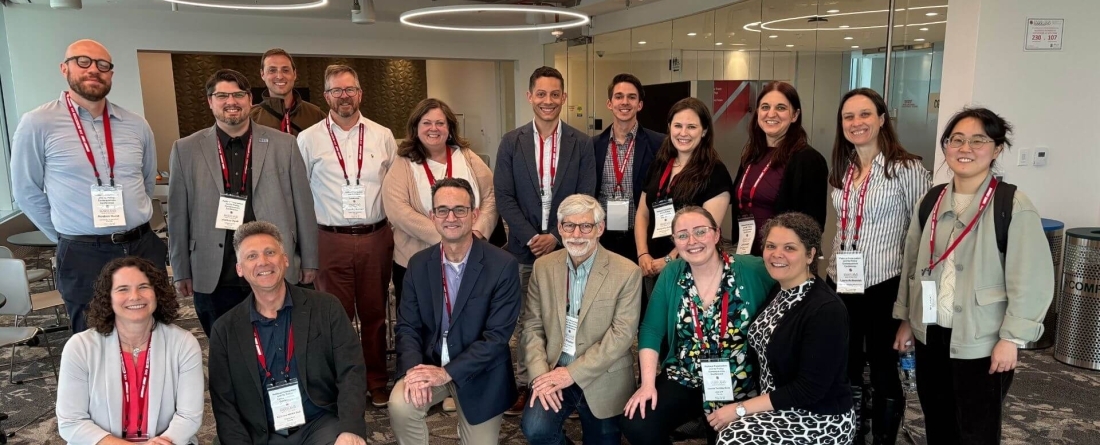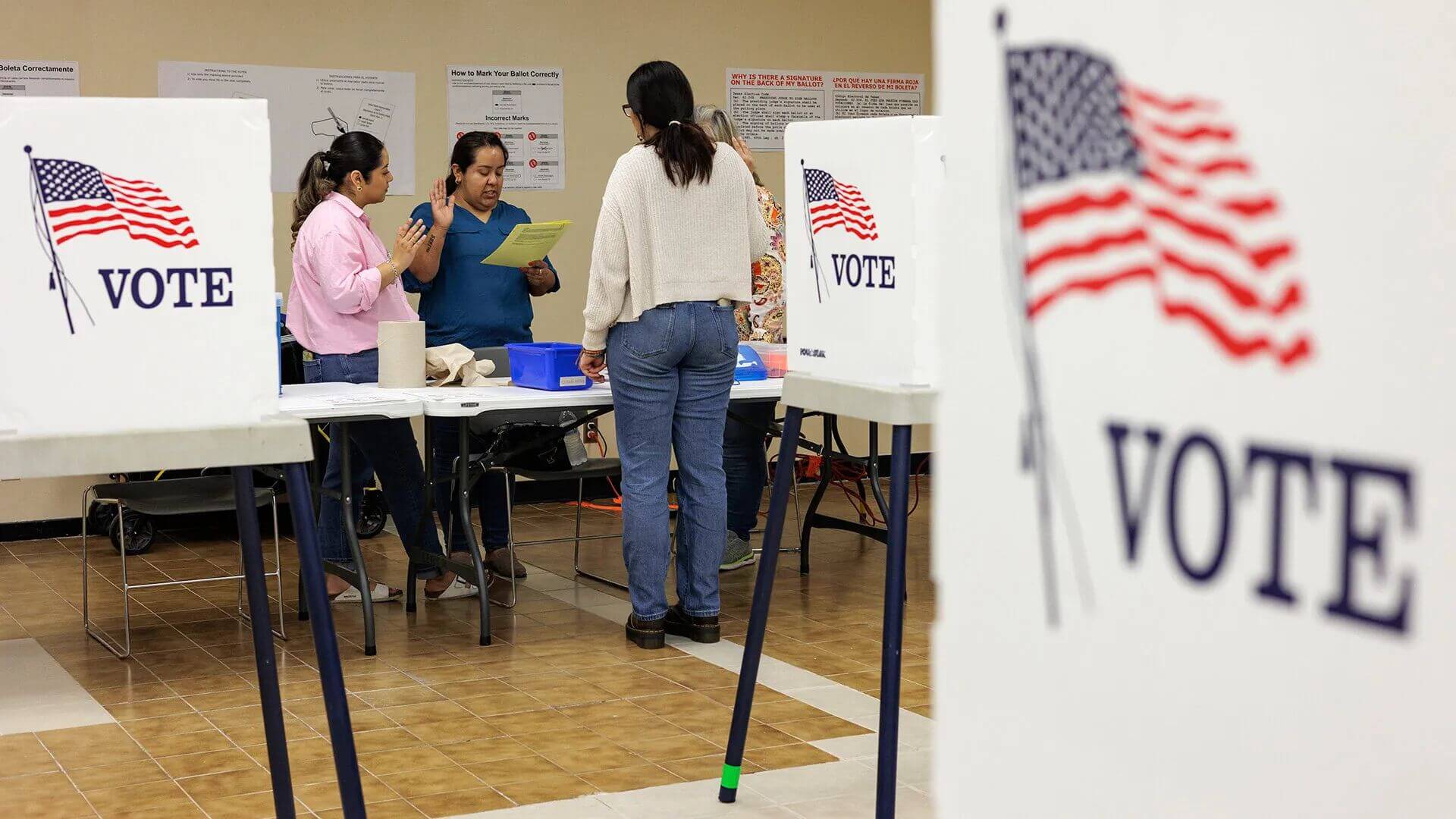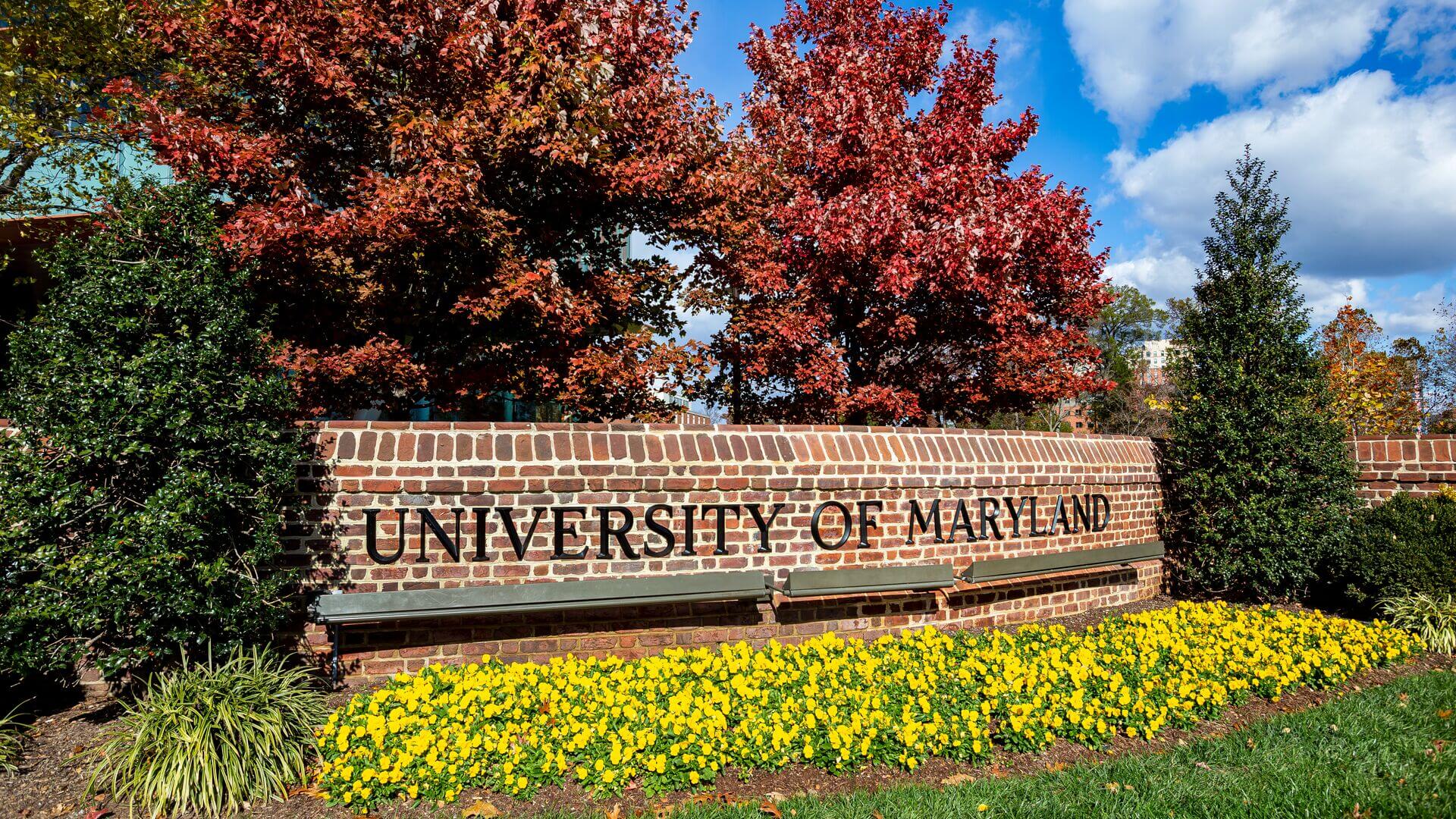
With political divisions increasingly shaping public life and policymaking, the University of Maryland School of Public Policy brought together researchers from across the country for a timely conversation on the causes and consequences of polarization at home and abroad. The conference examined how polarization is affecting policymaking, nonprofit governance and democratic institutions in the United States and abroad.
“The goal of this conference was to convene scholars across public policy disciplines to share their research-in-progress, learn from each other, advance the field and break down disciplinary silos,” said conference organizer and Saul I. Stern Professor of Civic Engagement Shanna Pearson-Merkowitz.
That mission was realized, as scholars from political science, nonprofit management, business and government studies engaged in wide-ranging discussions on topics from international security to domestic oversight and ethics. Research presented at the conference reflected a growing concern: polarization is no longer confined to party lines—it now touches every level of governance and public life.
Among the key insights shared was the idea that local governance structures may offer a more productive venue for policymaking in an otherwise gridlocked environment. Several scholars also emphasized the need to reframe political dialogue to reduce divisiveness, foster mutual respect and increase civic engagement.
Talking about her 2023 book, The Power of Partisanship, which explores affective polarization, Pearson-Merkowitz shared, “Since its release, many of its findings have not only been validated but have worsened. The United States, alongside many other nations, is becoming dangerously internally divided.”
Though the conversation often reflected the gravity of polarization’s impact, participants also shared reasons for cautious optimism. Cross-partisan efforts persist among some elected officials, and academic and civic initiatives continue to foster nonpartisan spaces for collaboration and problem-solving.
Still, the effects of polarization are far-reaching. Scholars pointed to a diminished role of congressional oversight, an erosion of nonprofit effectiveness and the growing perception that identity politics is radicalizing groups who see themselves as the rightful majority. In the nonprofit sector, ideological divisions are increasingly affecting service delivery and governance.
“Politics shapes both government service provision and how people feel about government service provision,” said Samantha Zuhlke, assistant professor in the School of Planning and Public Affairs at the University of Iowa. “In my mind, this suggests that we should see politics condition the relationships between governments and nonprofits. … How does the political environment, particularly when that environment is polarized, shape these relationships between governments and nonprofits?”
The conference also explored public confidence in democratic institutions. “The U.S. electoral system is trustworthy,” said Eric Plutzer, Liberal Arts professor at Penn State University, citing data collected by the Heritage Foundation. “But just because the system is trustworthy doesn't assure that there's public confidence.”
Looking ahead, scholars emphasized the need for refined definitions and shared methodologies for studying polarization, as well as greater integration of comparative politics to understand polarization’s nuances across political systems.
While acknowledging the depth of the challenges, participants were united in their belief that academic collaboration, civic engagement and honest dialogue remain critical tools in charting a path forward. “Given the challenges and extent of political polarization, it is more important than ever that we understand how to bring people together for common goals,” reflected Pearson-Merkowitz.



